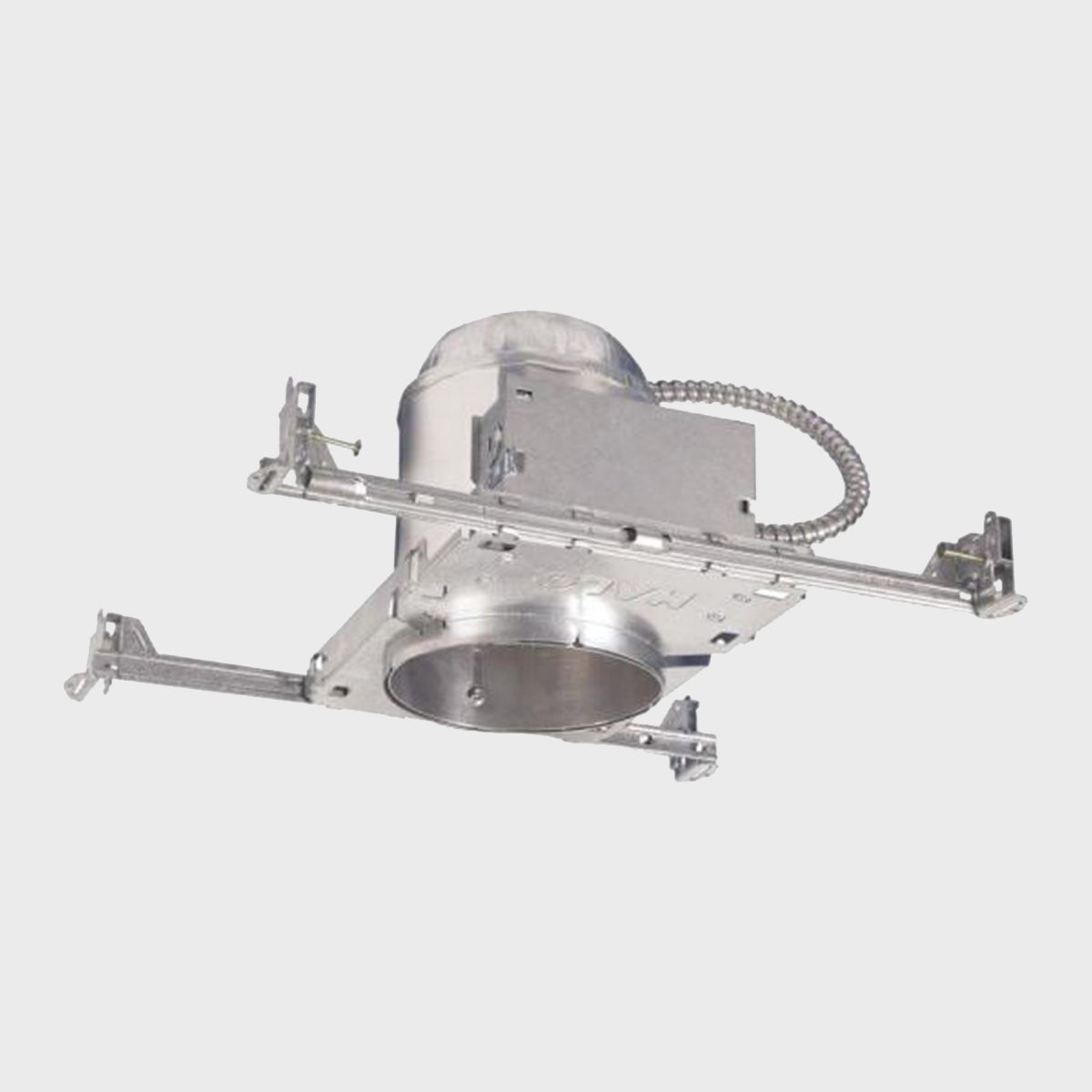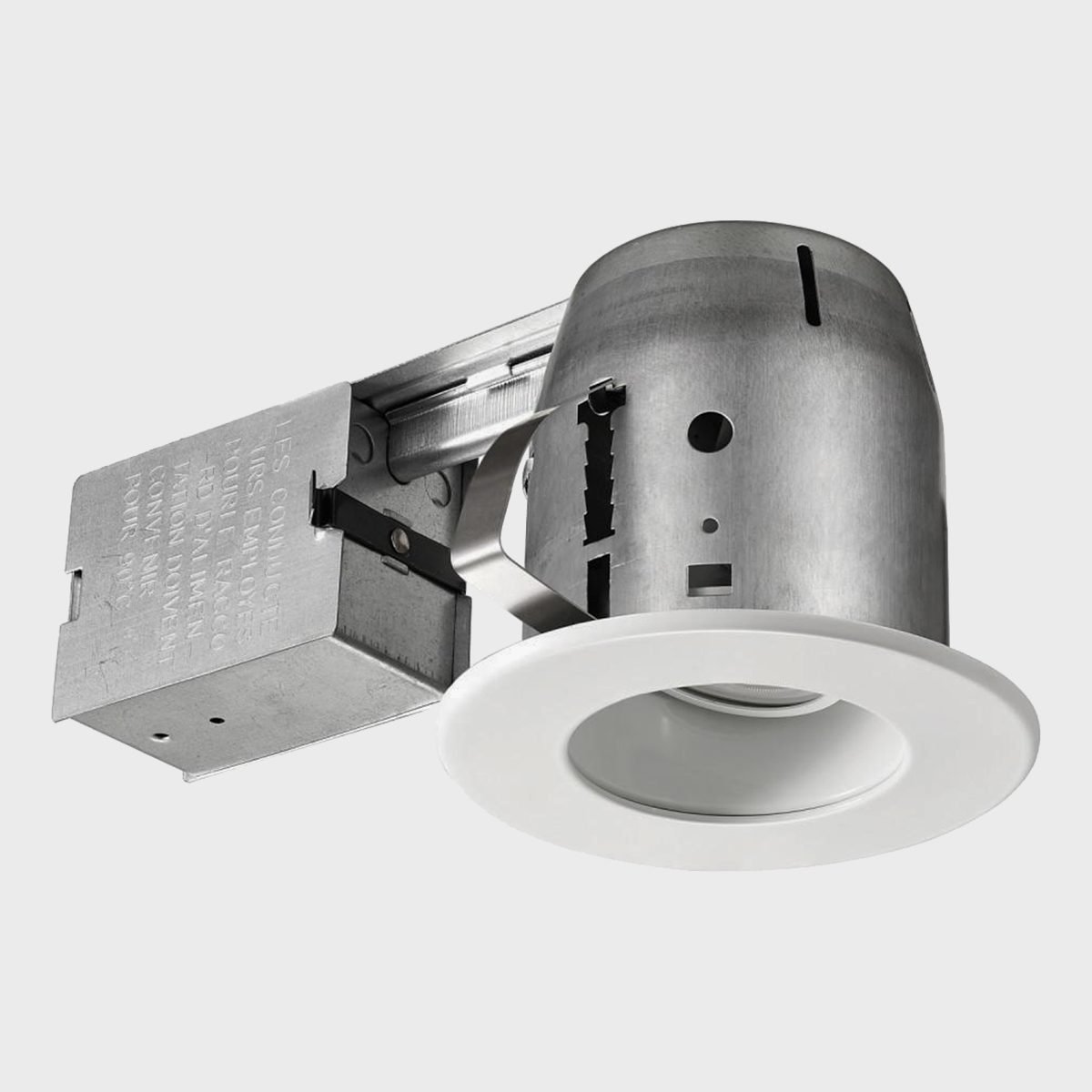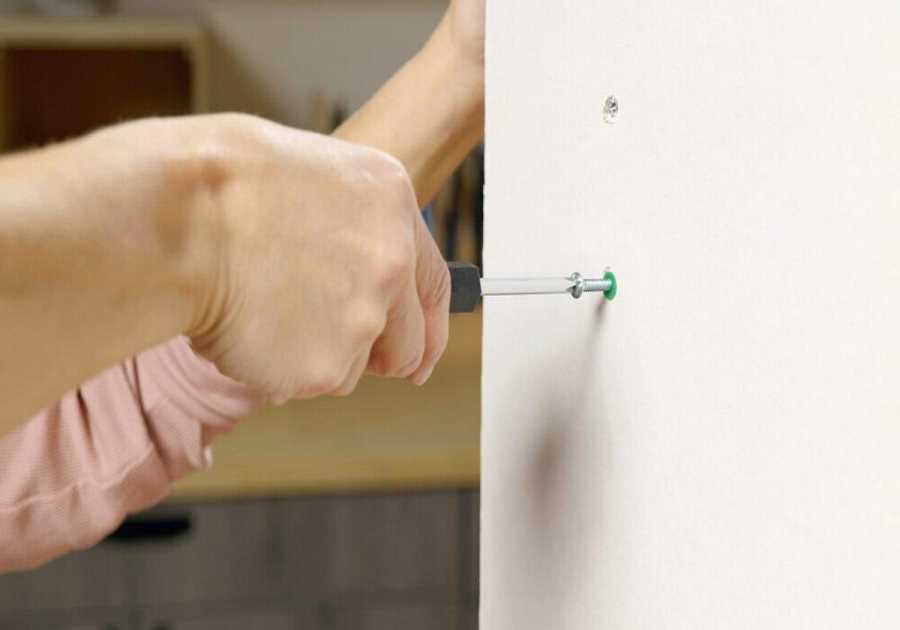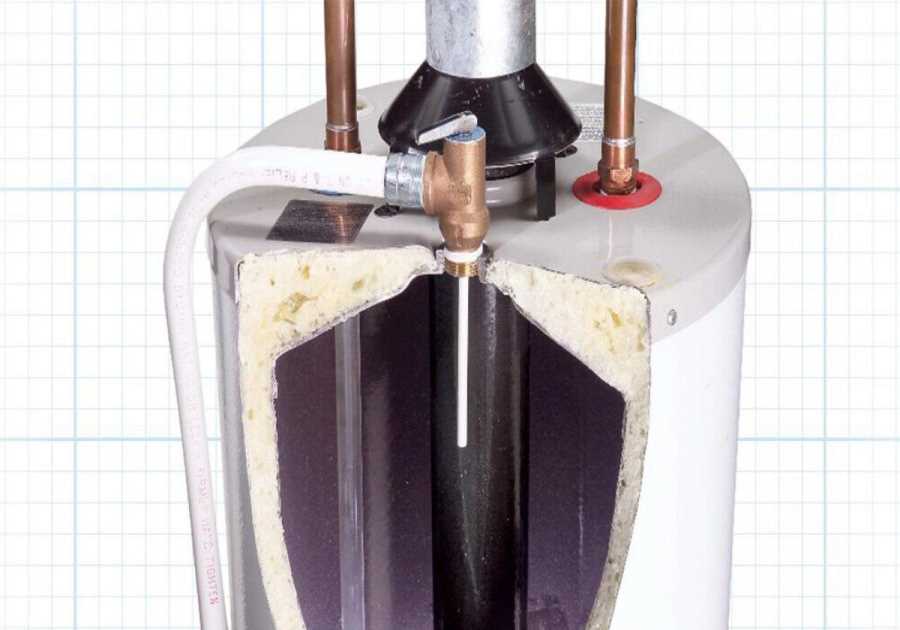What is Recessed Lighting?
Recessed lighting refers to lighting fixtures built up into a ceiling, rather than hanging from it. The bulb can be enclosed in a tubular can to focus the light straight downward. There are also canless recessed lights.
Recessed lighting can be retrofitted, but is most often done during construction. It’s ideal in rooms with low ceilings, or where you want to add directional light to a focal point. Recessed lights are also easy to keep clean. A quick wipe with a dry rag or dusting cloth does the trick.
A recessed light consists of four main parts:
The housing is the can part that goes into the ceiling, with the bottom sitting flush with the drywall.
The trim is the flange that covers gaps between the housing and the ceiling drywall. It creates a clean, finished look.
The reflector is typically a shiny metal piece that reflects the light downward and into the room.
The socket is part you screw the lightbulb into. Most often the socket will be part of the housing itself, but some models may have removable sockets.
Types of Recessed Lighting
New Construction

New construction lights go into the ceiling before putting up the drywall. The main light canister is suspended by adjustable hanger bars that nail into the ceiling joists on either side of the cavity. The canisters are usually prewired and come with thermal guards to prevent air passing between floors.
Remodel Applications

Remodel recessed lights go in finished rooms to replace a light already installed. The remodel light connects to a junction box pushed up through the ceiling hole. A spring clip system secures the light to the finished ceiling, pushing it down from the inside.
What to Consider Before Buying
First, examine the area you want to illuminate. Do you need straight downward lighting or task lighting in a particular area? For task lighting, consider a moveable eyeball-style spotlight. With these, you position the light to bathe the area you want, like a fireplace mantel or a specific area in your kitchen.
Wattage
Most recessed lighting fixtures are 75 or 100 watts — plenty for most indoor settings. If you need more brightness, some go as high as 150 watts.
Bulbs
Most recessed lights can accept any type of modern light bulb: LED, halogen, incandescent or fluorescent. Some lights can only take certain types of bulbs, so be sure you buy the right ones.
How Much Does Recessed Lighting Cost?
Recessed lighting costs vary. Remodel boxes go for around $20 each, though cheaper models are available. For unfinished ceilings, new construction recessed lights can be had for as little as $8 each. In both instances, it’s typically more economical to buy in bulk.
How to Install Recessed Lights
New Construction
Installing recessed lights is a simple task in an unfinished space. Begin by fastening the hanger bars on either side of the ceiling joists. Make sure the light isn’t installed too far into the cavity; put it closer to where it will be flush with the drywall. The trim piece will cover up the difference. Then wire up the light with wire nuts, or quick connectors if the light comes with them.
Remodel
For after-construction situations, use a remodel recessed light. The light can is at the end of bar connected to a junction box.
If you’re working on a new hole in the ceiling, the process is simple. Connect the light to your wiring. Then push the junction box up into the ceiling hole and pull the can down toward the hole. The spring-loaded clips on the side of the can will attach the ceiling drywall snugly.
If there’s already a junction box in the ceiling, you’ll need to remove it before installing the new light. If you can’t remove the box, canless recessed lights can be installed with little to no clearance above. These ultra-slim recessed lights will fit into applications other lights can’t.






